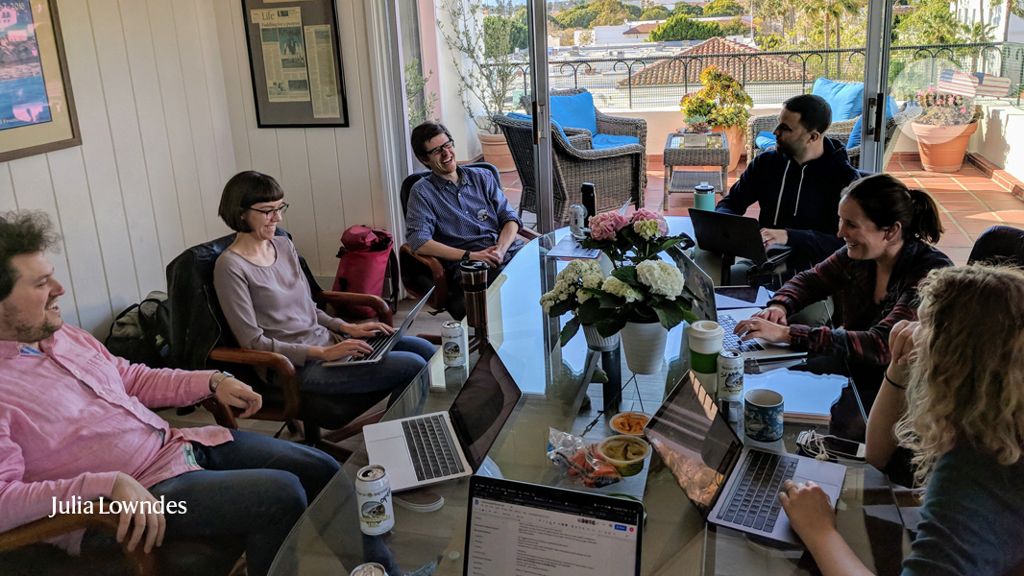How Twitter is Changing Medical Research
From online journal clubs to 'tweetorials' to conference updates, social media is changing the dissemination and discussion of biomedicine.

Send us a link
From online journal clubs to 'tweetorials' to conference updates, social media is changing the dissemination and discussion of biomedicine.

In memory of Margarita Salas, the biochemist whose discoveries led to faster, more-accurate DNA testing.
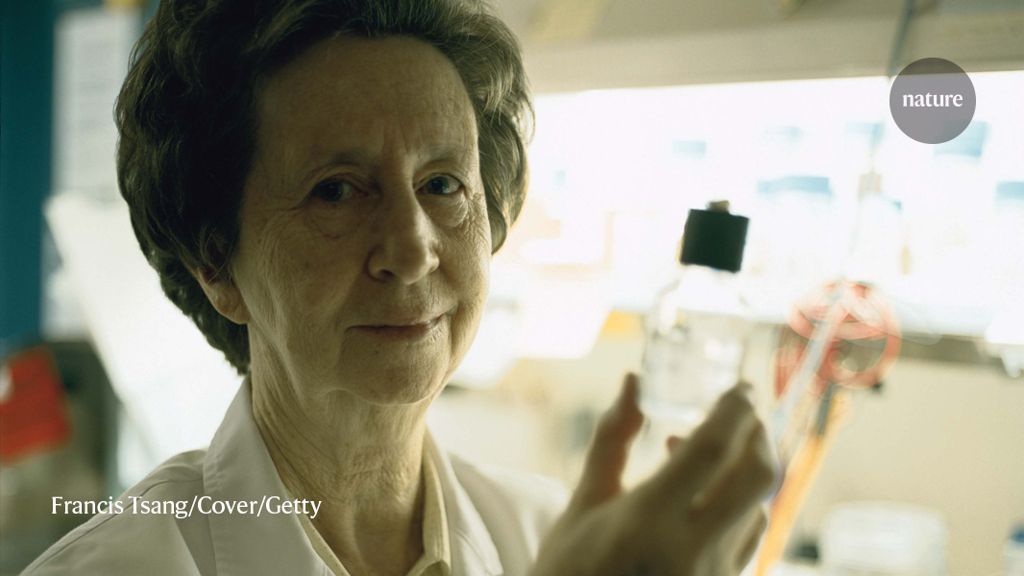
Proportions of female students and those from under-represented ethnic groups are rising, yet parity is a way off.
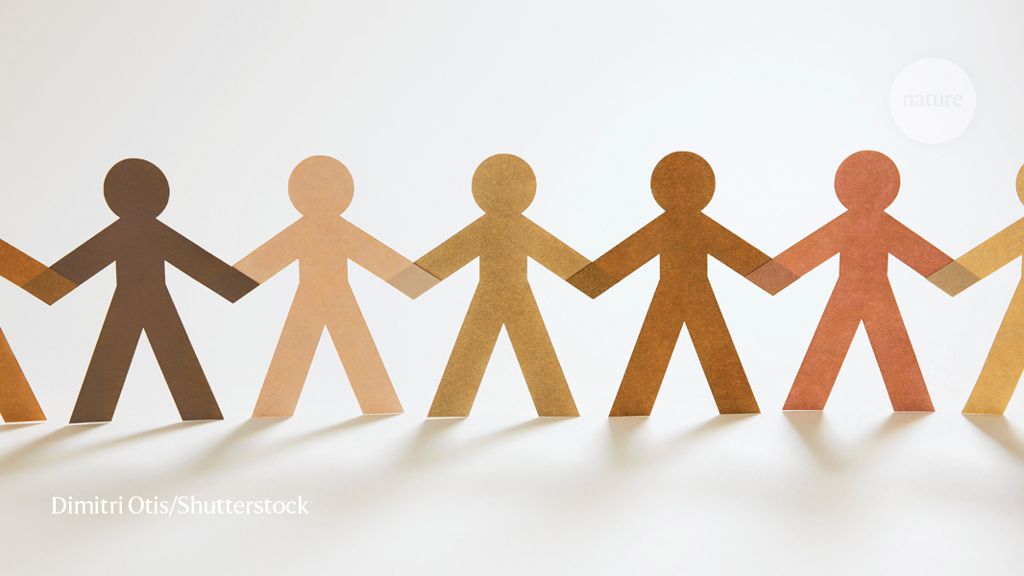
Forty-three Chinese universities should be considered "very high" or "high" risk collaborators because of their involvement in research for military and defence purposes, according to an Australian think tank.
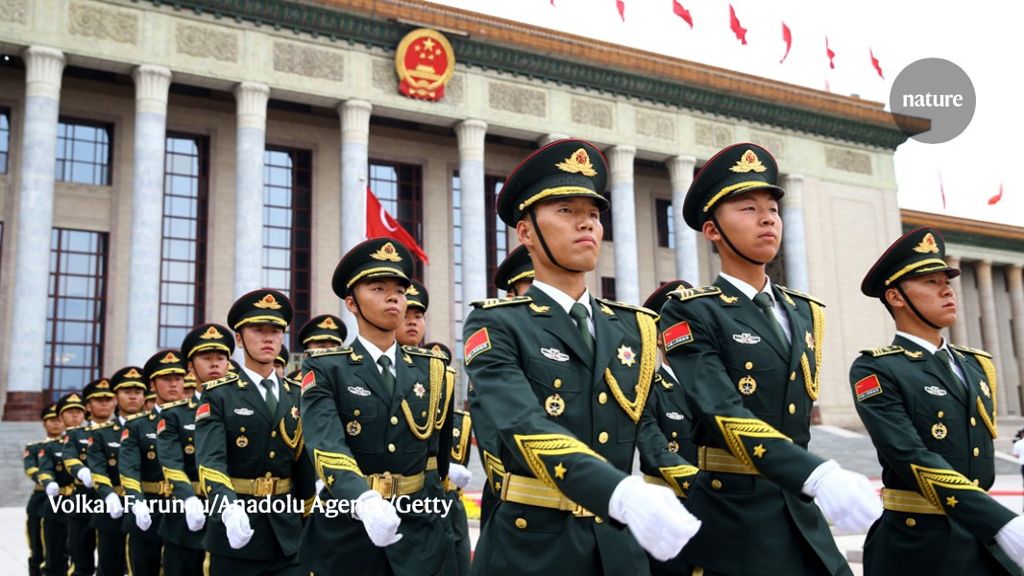
Researchers from racial and ethnic groups that are under-represented in US geoscience are the least likely to be offered opportunities to speak at the field's biggest meeting.
Evaluation reforms will go round in circles without conceptual clarity, warns Anna Hatch.
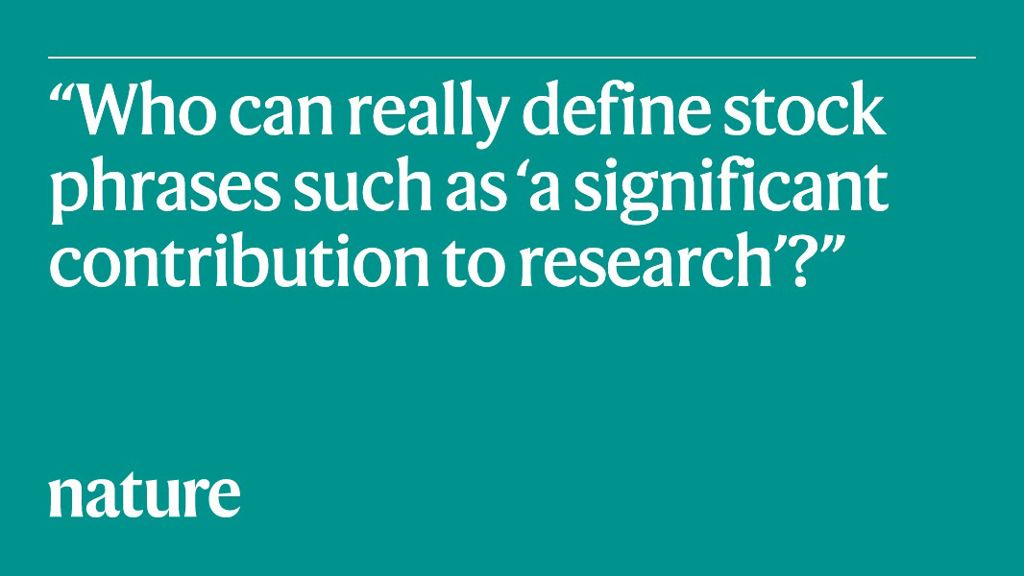
A study of protein databases shows that discoverers who are second to publish still end up getting a substantial portion of the recognition.

It's time to trust students to handle doubt and diversity in science, says Jerry Ravetz.
Scientists should take a more intentional, evidence-based approach to mentoring, including tenure and promotion incentives, according to an upcoming report from the US National Academies.
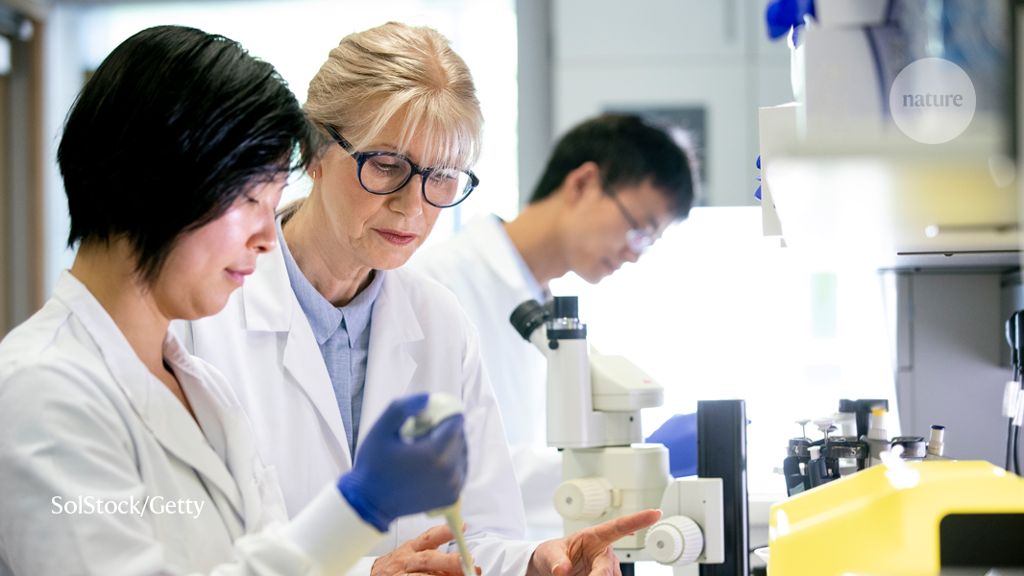
Some funders and publishers call it unethical, for others, it's par for the course.
Connections prove resilient as researchers circumvent geopolitical obstacles.
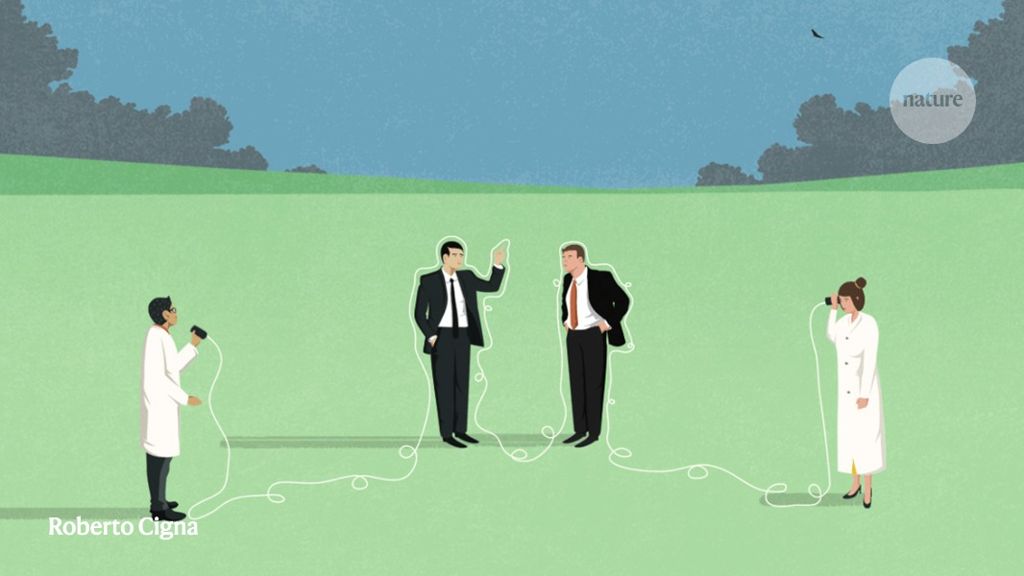
In this second article to mark Nature's 2019 graduate survey, respondents call for more one-to-one support and better career guidance.
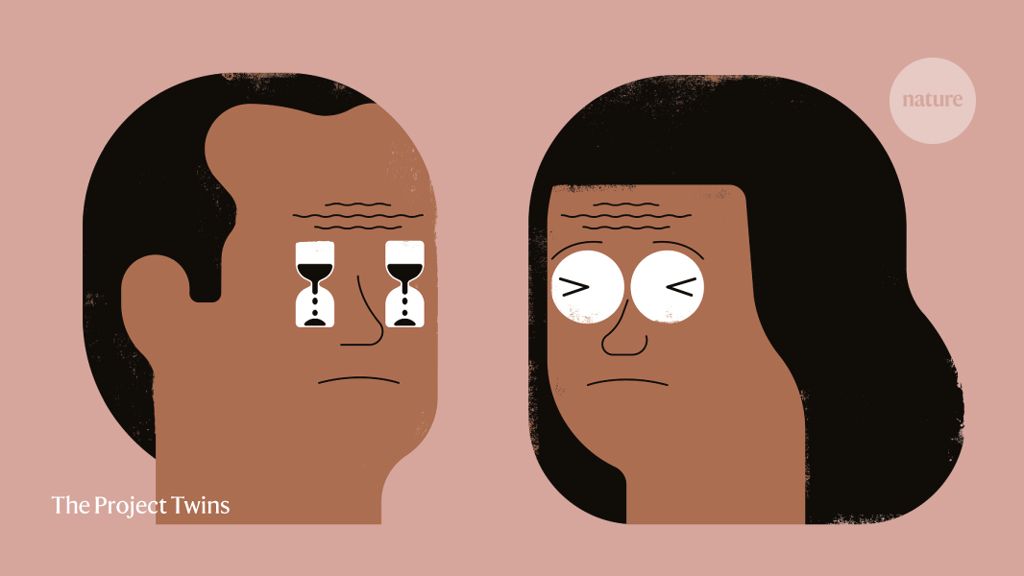
A growing number of research agencies are assigning money randomly. The Swiss National Science Foundation is the latest funder to experiment with random selection.

The move comes amid concerns over China's influence on Australian campuses, and after major cybersecurity breaches at one institution.
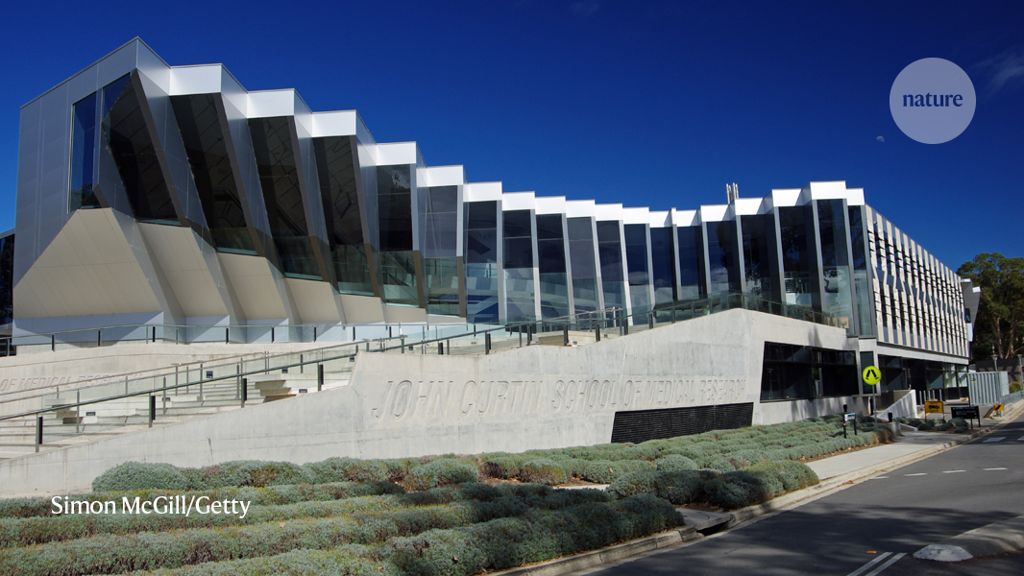
By examining publication records of scientists from four disciplines, the authors show that coauthoring a paper with a top-cited scientist early in one's career predicts lasting increases in career success, especially for researchers affiliated with less prestigious institutions.
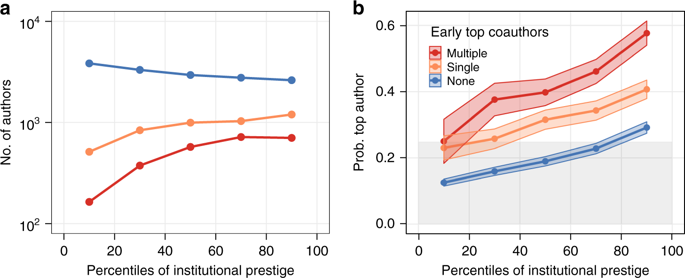
Nature's survey of more than 6,000 graduate students reveals the turbulent nature of doctoral research. The mental health of PhD researchers demands urgent attention.
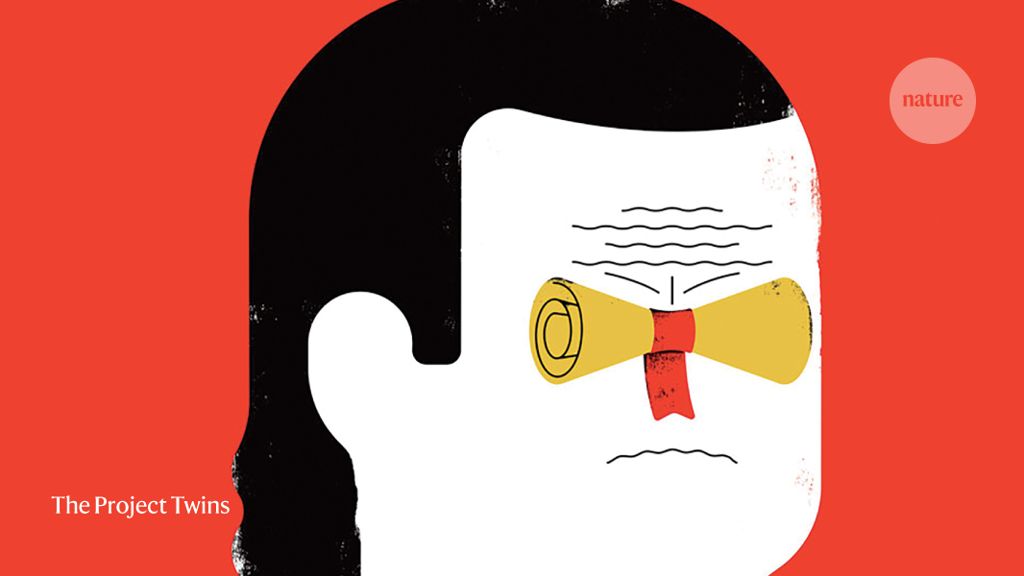
Anxiety and depression among graduate students seems to be on the rise. Systemic change is needed to halt an ongoing crisis.
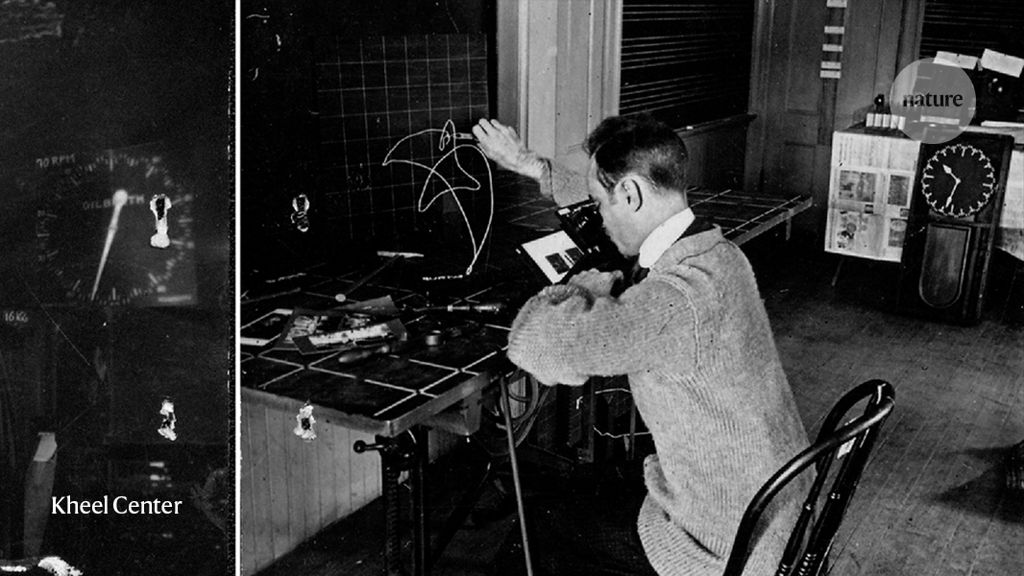
The practice was probably used to improve the children's chances of securing a university place.
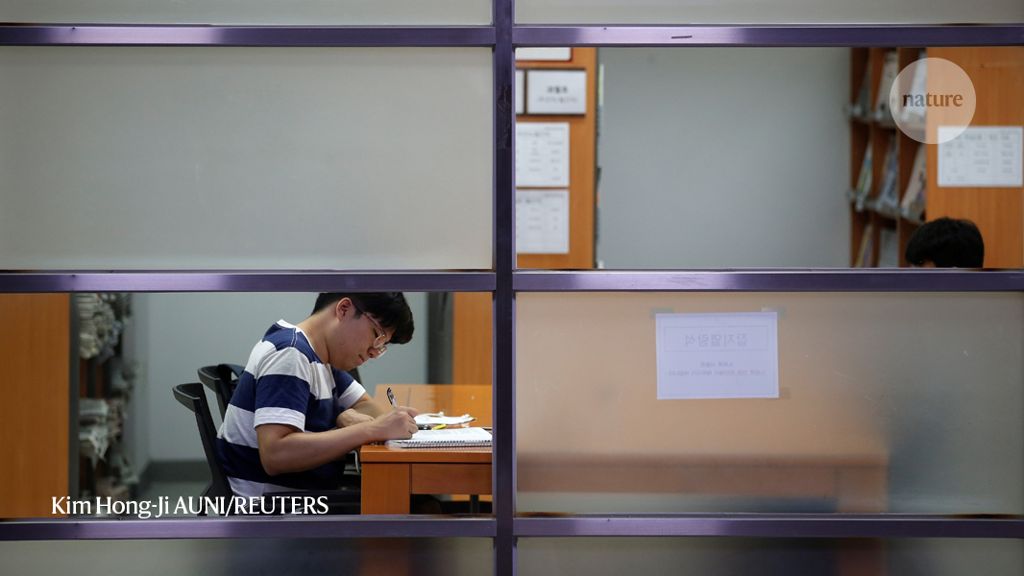
Analysis finds female-led papers are more likely to be rejected, and less likely to be cited, than those with male corresponding authors.
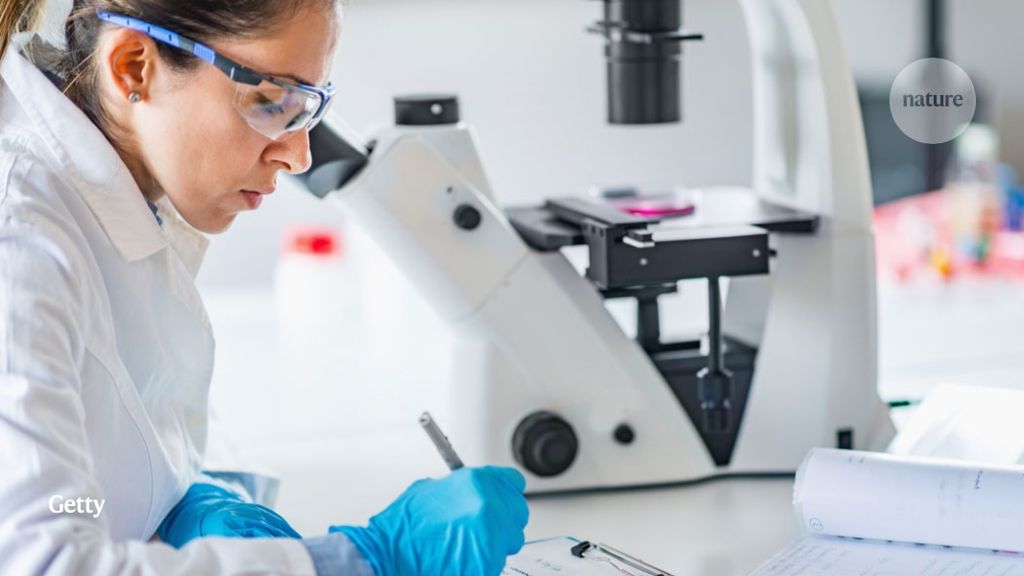
Discover the world's best science and medicine | Nature.com
A century and a half has seen momentous changes in science. But evidence and transparency are more important than ever before.

With better questions, many reproducibility problems will fall away, says Paul Smaldino.
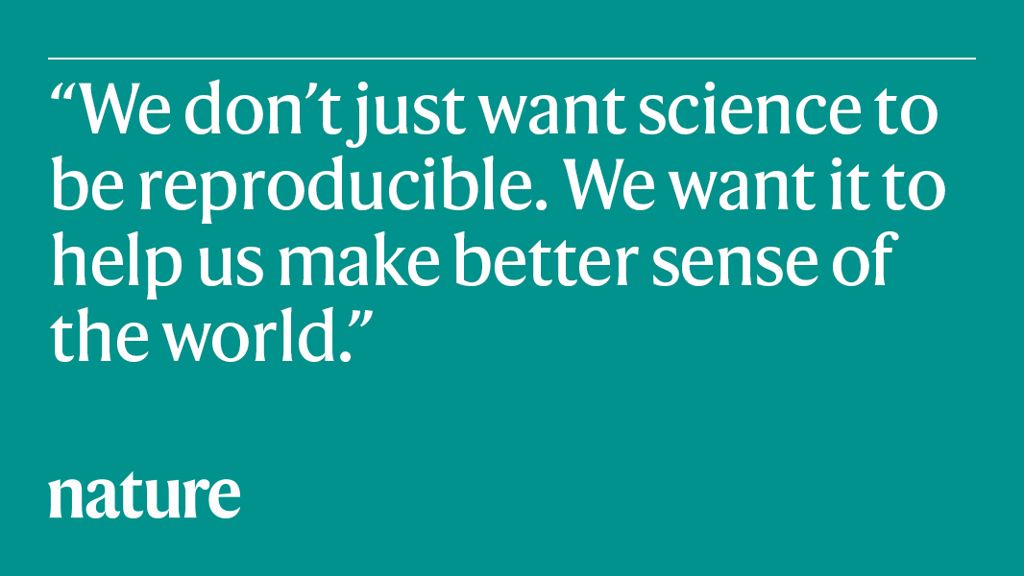
Data from conventional sources cannot fully measure progress towards the Sustainable Development Goals (SDGs). Here the authors present a roadmap describing how citizen-science data can integrate traditional data and make a significant contribution in support of the SDGs agenda.
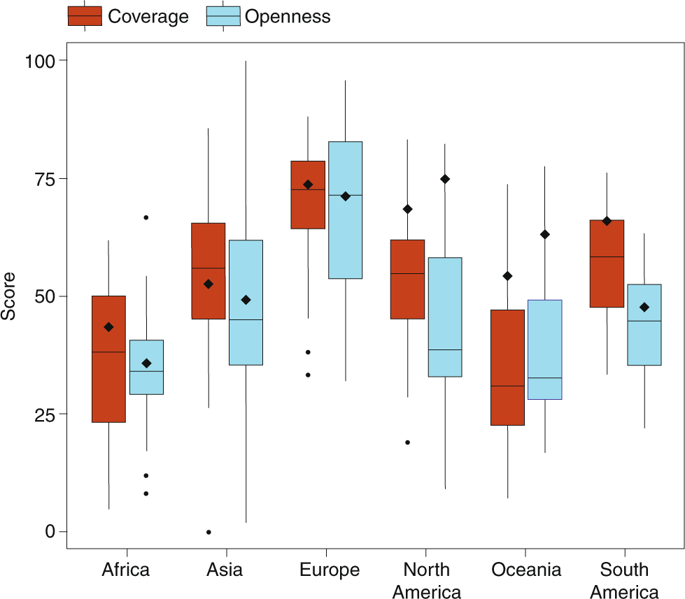
Container platforms let researchers run each other's software - and check the results.
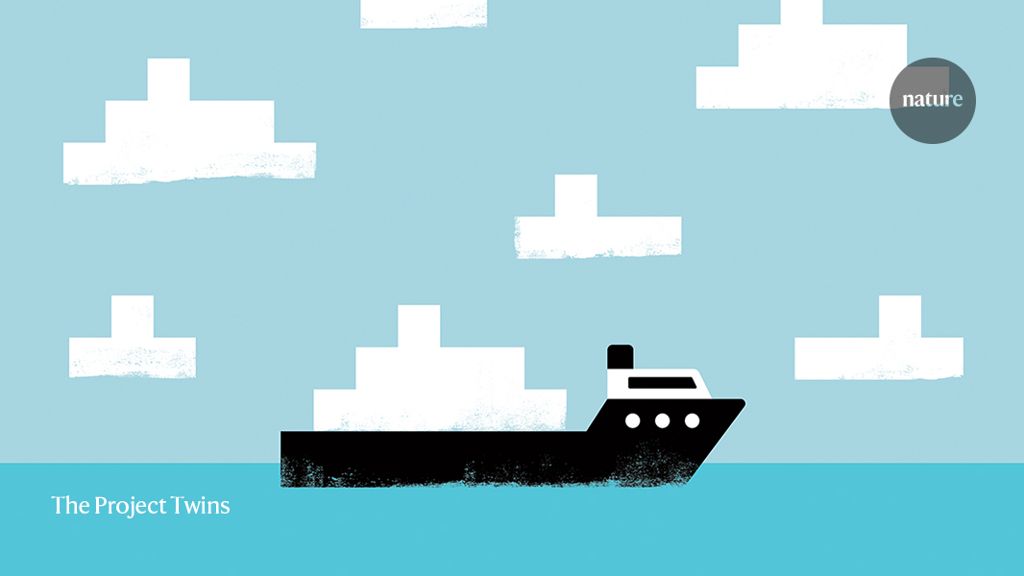
Can science continue to fulfil its social contract and to reach new horizons by advancing on the same footing into the future? Or does something need to shift?

How did data get so big? Through political, social and economic interests, shows Sabina Leonelli.
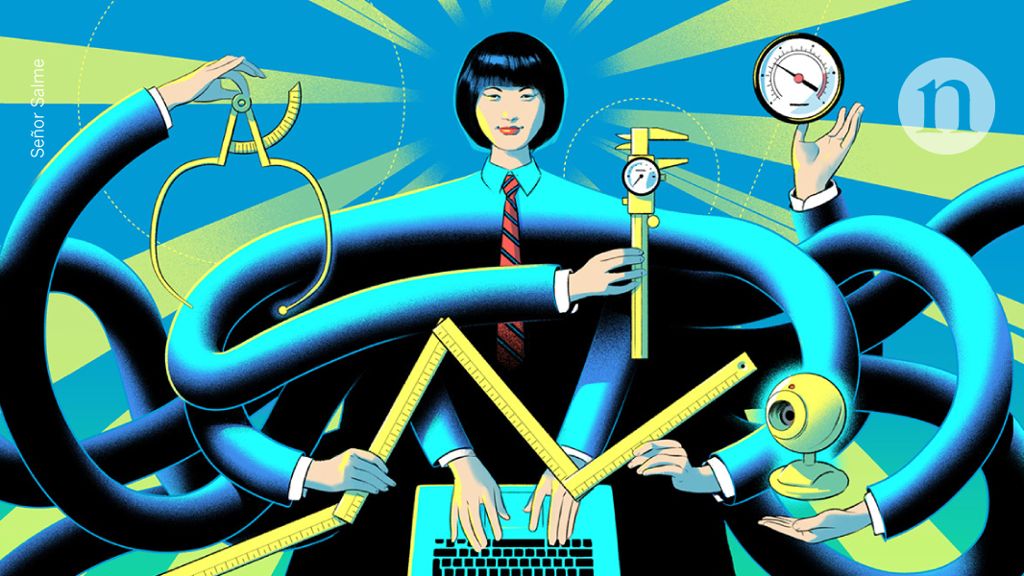
Researchers share tips for transforming your group with open data science and teamwork.
